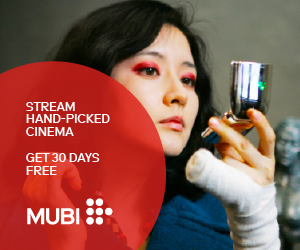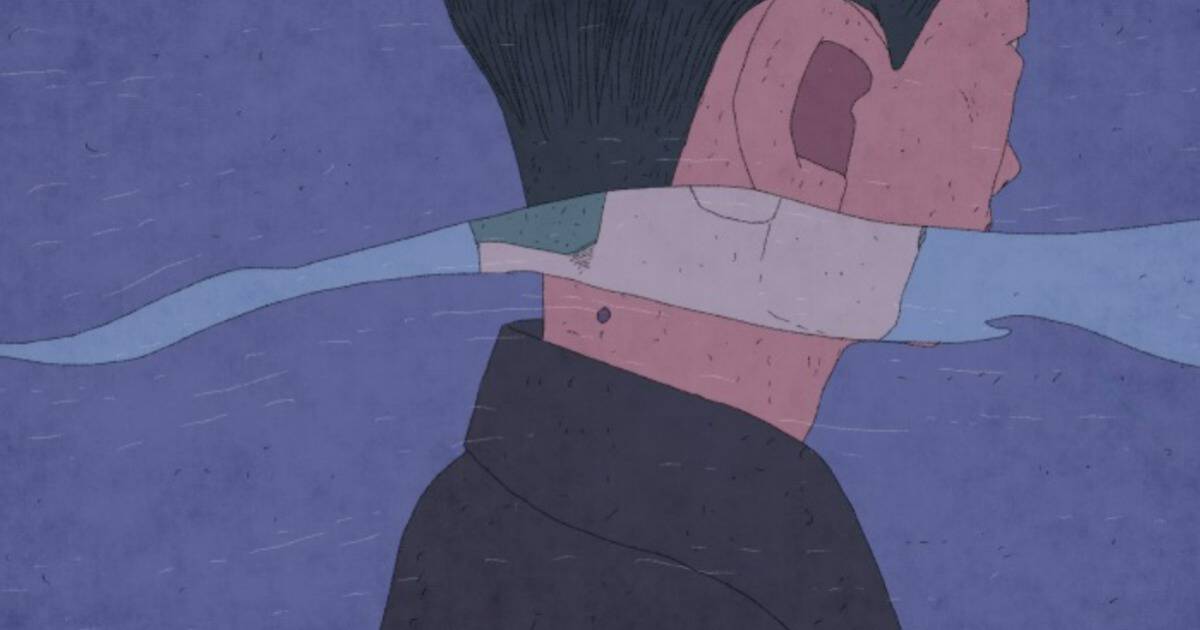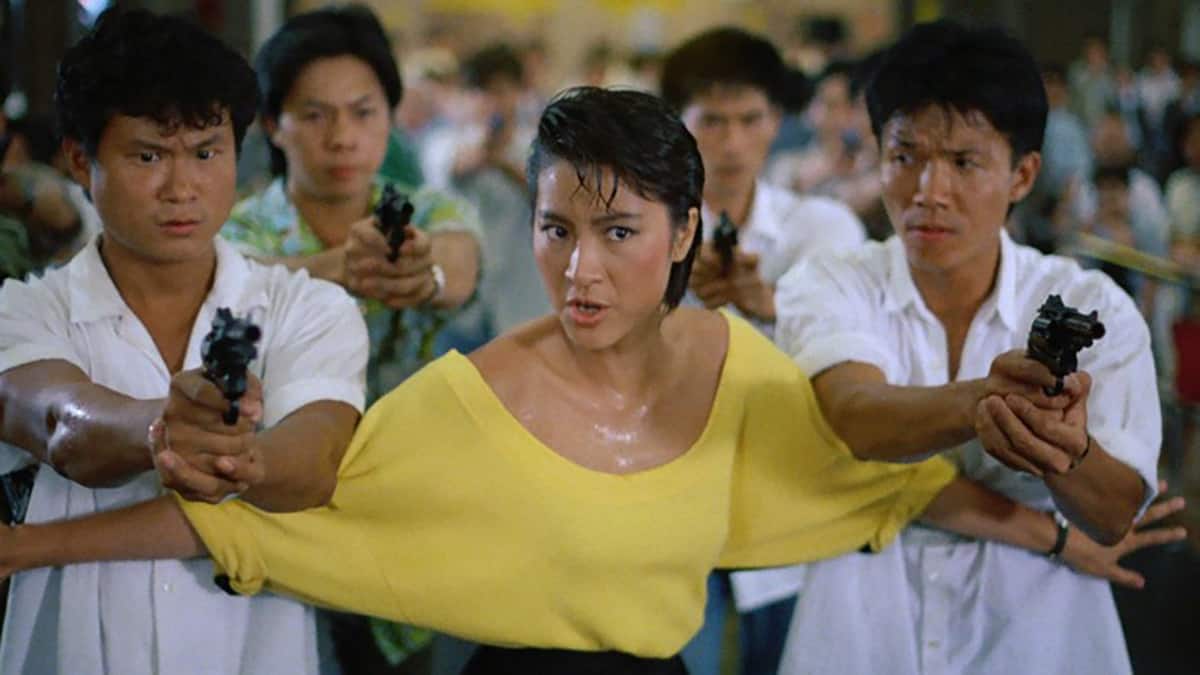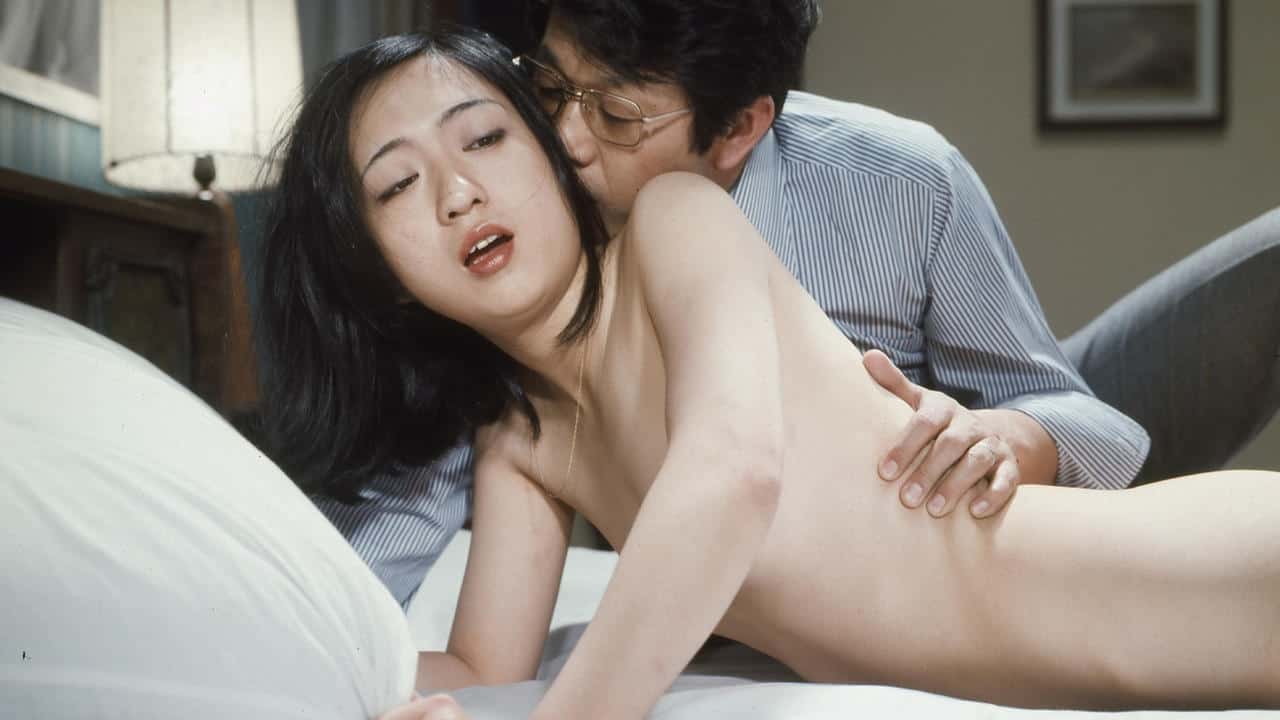6. The Happiness of the Katakuris (2001)
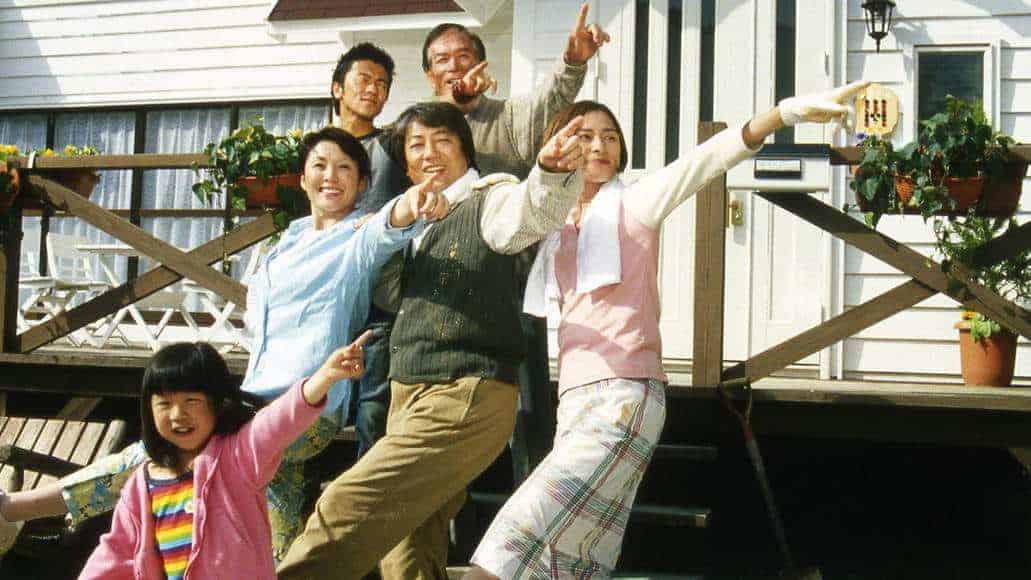
The film is, once more, a collage of the preposterous notions lurking in Miike's mind, which ends up as a farcical parody. The script loosely makes fun of “the original, there is clear mocking of “The Sound of Music”, there are ridiculous scenes of dancing and karaoke, and an obviously Japanese individual, who wears a uniform of the Royal British Navy and claims to be the nephew of Queen Elizabeth II by speaking Japanese in a supposedly British accent. The movie also features a number of singing and dancing scenes, which Miike insisted to be shot with just a few rehearses in order to appear asynchronous, (and really bad if we want to be frank), while the zombies are portrayed in the most ridiculous fashion. (Panos Kotzathanasis)
7. Hara-kiri: Death of a Samurai (2011)
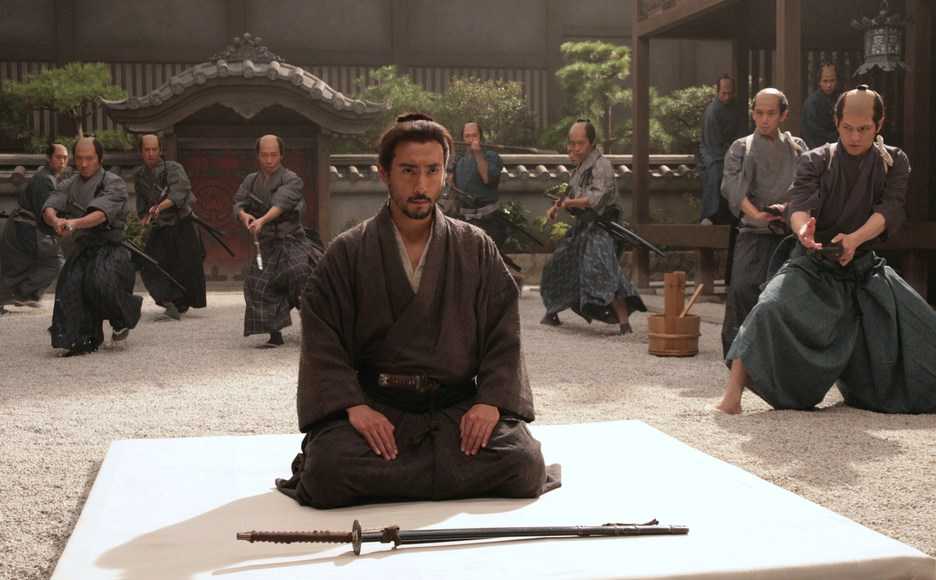
The original story, which is well transferred here, might seem like an odd choice for Miike's sensibilities, with its compassion and melodrama, but Miike manages to carry it over mostly successfully. He shows great restraint and manages to hold of on his trademark excesses and tell the more human story and lets the many layers of the story unfold. Ideally, it would be worthwhile to treat Miike's film as its own entity and not compare it to the original, but it might just not be possible when the film follows the original so closely that many of the scenes seem transferred verbatim (Rhythm Zaveri)
8. Audition (1999)
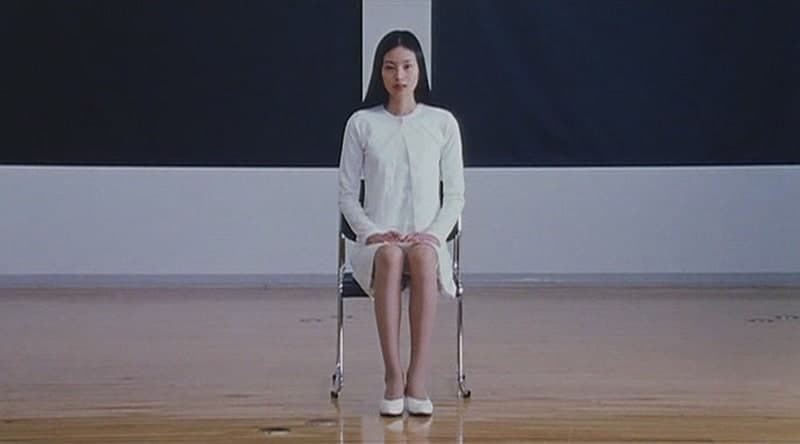
“Audition” is a film about romance and love, about extremes and honesty in a relationship. While remaining a sensationalist angle, the acting, especially of the two leads, the visuals and the direction define a unique viewing experience, unwatchable for some but in many ways more truthful than any mainstream romantic movie. “Audition” is in many people's eyes one of the best accomplishments of its director in a body of work which now includes more than 100 titles. It shows the true nature of its creator, one who, despite all the extreme imagery, has continuously presented himself as a true romantic. (Rouven Linnarz)
“Audition” is streaming on MUBI
9. Sukiyaki Western Django (2007)
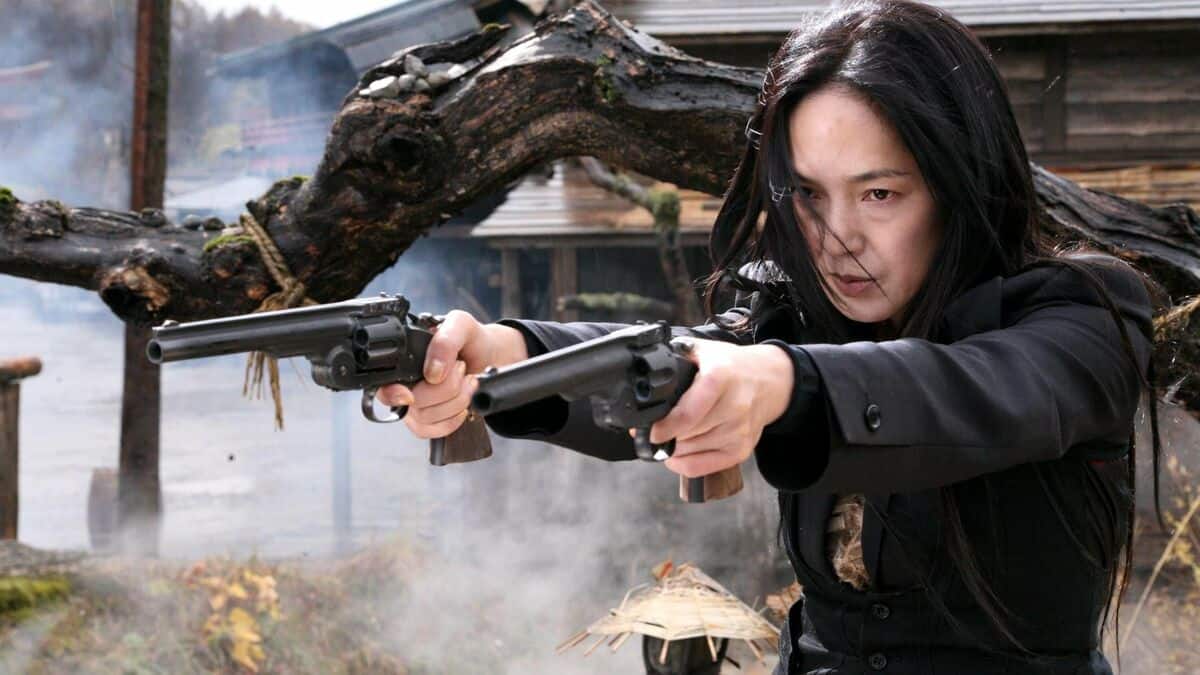
There is a deliberate style to this movie that Miike sets from our opening scene, featuring a cowboy trying to cook some lunch, who then goes on to tell our tale. The entire film feels like a cartoon, with over the top violence and an underlying comedic tone to everything that transpires. The set itself, whenever the aforementioned cowboy is on screen, is a very obvious painting as a backdrop and little more than a campfire and a chair. When we see our main story playing out, the use of a set from what could easily be a spaghetti western is what we are privileged to. Everything is very deliberate in how Miike wanted us to view this film.(Nathan Last)
10. The Bird People in China (1998)

The special thing about “The Bird People in China” is the critique of the modern, Japanese society. Japan seems to be different. Everything is faster than in the rest of the world. People start to suffer under a hectic lifestyle. China is, therefore, a source of recreation and is presented as an untouched reservoir, which helps the Japanese characters to find a way back to their true inner self. The movie underlines this on many levels. Light, editing, costumes. The modern Japan is thwarted by the traditional China. (Alexander Knoth)


